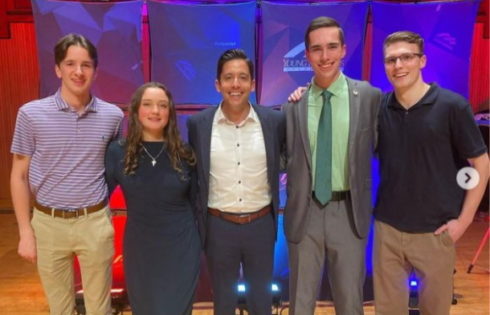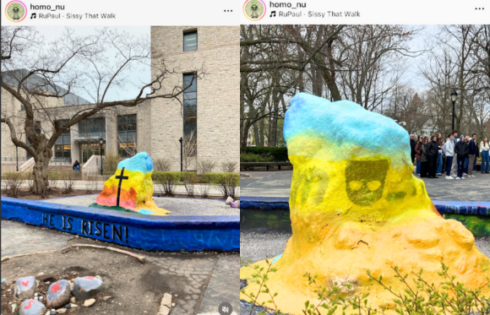While it has created political headaches for the Trump administration over the weekend, the president’s immigration executive order will probably survive judicial scrutiny, according to a law professor.
Why? The federal government has long done similar things with no issue, writes Prof. John Banzhaf of George Washington University.
The order bans the visa entry of citizens from seven Muslim-majority nations, blocks Syrian refugees indefinitely, and imposes a 120-day pause in general refugee resettlement.
According to Banzhaf:
Under what has been called the Plenary Power Doctrine, at least some of the protections guaranteed by the U.S. Constitution – and specifically the Equal Protection clause which generally prohibits discrimination on the basis of factors like race, ethnicity, religion, etc. – do not apply to non-citizens living abroad and seeking admission to the U.S. …
A much more recent example is NSEERS which mandates port-of-entry registration for nationals of Iran, Iraq, Libya, Sudan and Syria. Also, some non-citizens already in the U.S. have been required to register in person at an INS office if they come from certain countries – 24 of the 25 of which are predominantly Muslim. …
As another example, our own TSA has engaged in a form of religious profiling, selecting for secondary screening all citizens of 12 named countries. Aside from two communist nations, all of the others have large Muslim populations, including 8 which are at least 90% Muslim. Since this could hardly be just a coincidence, it provides still another example where America has openly engaged in profiling based upon religion.
Like The College Fix on Facebook / Follow us on Twitter




Add to the Discussion